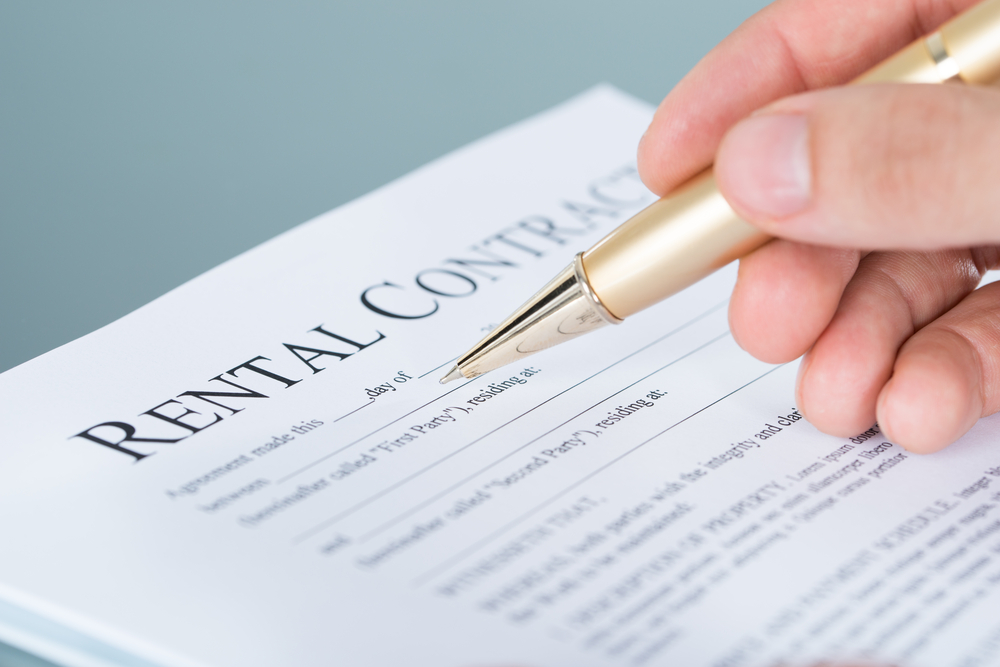
Can Directors Vote Via E-Mail?
Q: I heard there was a recent change in the law which now prevents Board Members in a homeowners association from voting on matters via e-mail. Can you confirm this? Y.C. via e-mail
A: You are correct that this change in the law for homeowners associations became effective on July 1, 2018. This change brought the Homeowners Association Act in line with the requirements contained in the Condominium Act and the Cooperative Act and was probably a restatement of the law on the topic anyway. The law does not prohibit Board Members from communicating via e-mail, and specifically notes that e-mail communication between Board members is permitted. The law does not say whether these internal Board e-mails are part of the “official records” of the Association, which remains an open question.
Q: My condominium association is seeking to amend the Bylaws. In the past, proxies were used for owners who were unable to attend the meeting in person. This time around the association sent me a “consent” form along with the proposed amendment and asked me to execute the consent and return it to them. Is this legal? Are they following the right procedure? T.W.
A: Approving amendments by written consent in lieu of a meeting is legally permissible if authorized by the condominium documents. Unit owner approval of an action via the written consent process (sometimes called the “written consent and joinder” process) is a relatively common provision found in many condominium documents. The written consent process does come with certain administrative hurdles. There are statutory formalities which must be complied with in order to approve an action by written consent in lieu of a meeting. Failure to adhere to these statutory requirements could invalidate the members’ approval.
Q: When is the 2019 Legislative Session in Florida scheduled to begin and end? M.A.
A: The 2019 Legislative Session convenes on March 5, 2019 and ends on May 3, 2019. We anticipate another active Legislative Session for bills which impact community associations.
Attorney David G. Muller is a shareholder with the law firm of Becker & Poliakoff, P.A., Naples (www.beckerlawyers.com). The information provided herein is for informational purposes only and should not be construed as legal advice. The publication of this column does not create an attorney-client relationship between the reader and Becker & Poliakoff, P.A. or any of our attorneys. Readers should not act or refrain from acting based upon the information contained in this article without first contacting an attorney, if you have questions about any of the issues raised herein. The hiring of an attorney is a decision that should not be based solely on advertisements or this column.
Editor’s Note: David G. Muller is a Board Certified Attorney in Condominium and Planned Development Law with Becker & Poliakoff, P.A., which represents community associations throughout Florida, with offices in Naples, Fort Myers and 10 other Florida cities. The Firm focuses a substantial amount of its practice on condominium and homeowners association law. Attorney Muller responds to your community association questions. Send questions to Attorney Muller by e-mail to dmuller@beckerlawyers.com.



No Comments
Sorry, the comment form is closed at this time.